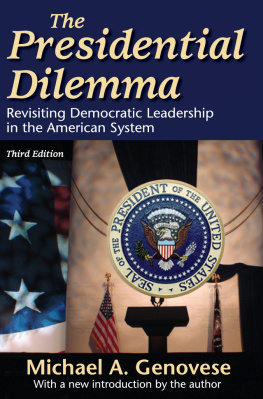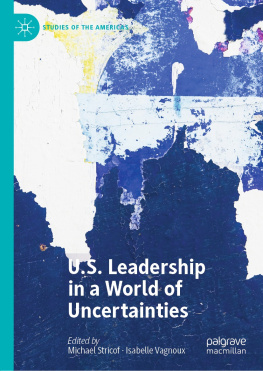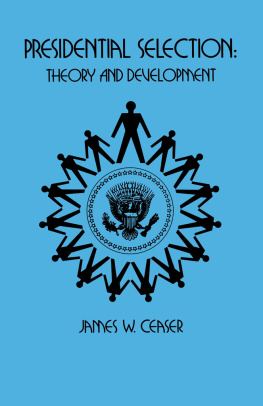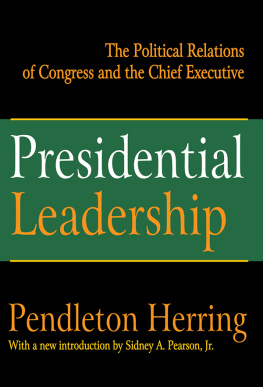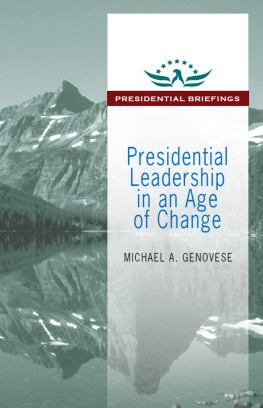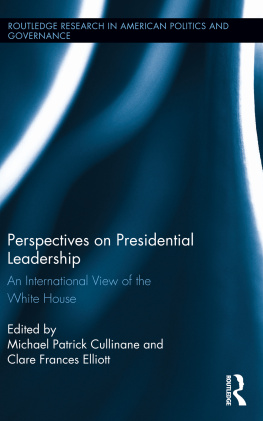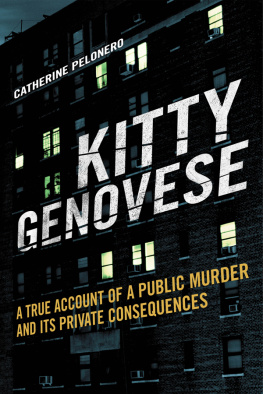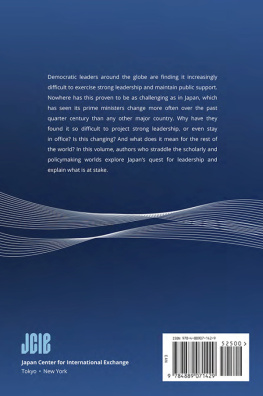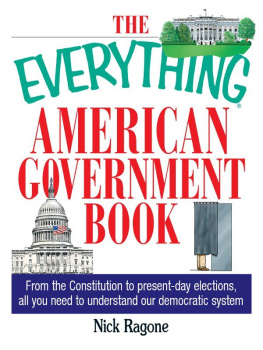Michael Genovese - The Presidential Dilemma: Revisiting Democratic Leadership in the American System
Here you can read online Michael Genovese - The Presidential Dilemma: Revisiting Democratic Leadership in the American System full text of the book (entire story) in english for free. Download pdf and epub, get meaning, cover and reviews about this ebook. year: 2017, publisher: Routledge, genre: Politics. Description of the work, (preface) as well as reviews are available. Best literature library LitArk.com created for fans of good reading and offers a wide selection of genres:
Romance novel
Science fiction
Adventure
Detective
Science
History
Home and family
Prose
Art
Politics
Computer
Non-fiction
Religion
Business
Children
Humor
Choose a favorite category and find really read worthwhile books. Enjoy immersion in the world of imagination, feel the emotions of the characters or learn something new for yourself, make an fascinating discovery.
- Book:The Presidential Dilemma: Revisiting Democratic Leadership in the American System
- Author:
- Publisher:Routledge
- Genre:
- Year:2017
- Rating:3 / 5
- Favourites:Add to favourites
- Your mark:
- 60
- 1
- 2
- 3
- 4
- 5
The Presidential Dilemma: Revisiting Democratic Leadership in the American System: summary, description and annotation
We offer to read an annotation, description, summary or preface (depends on what the author of the book "The Presidential Dilemma: Revisiting Democratic Leadership in the American System" wrote himself). If you haven't found the necessary information about the book — write in the comments, we will try to find it.
Michael Genovese: author's other books
Who wrote The Presidential Dilemma: Revisiting Democratic Leadership in the American System? Find out the surname, the name of the author of the book and a list of all author's works by series.
The Presidential Dilemma: Revisiting Democratic Leadership in the American System — read online for free the complete book (whole text) full work
Below is the text of the book, divided by pages. System saving the place of the last page read, allows you to conveniently read the book "The Presidential Dilemma: Revisiting Democratic Leadership in the American System" online for free, without having to search again every time where you left off. Put a bookmark, and you can go to the page where you finished reading at any time.
Font size:
Interval:
Bookmark:
With a new introduction by the author

2 Park Square, Milton Park, Abingdon, Oxon OX14 4RN
711 Third Avenue, New York, NY 10017, USA
Product or corporate names may be trademarks or registered trademarks, and are used only for identification and explanation without intent to infringe.
The Presidential dilemma : revisiting democratic leadership in the American system / Michael A. Genovese. -- 3rd ed.
p. cm.
Includes bibliographical references and index.
ISBN 978-1-4128-1112-5 (alk. paper)
1. Presidents--United States. 2. Political leadership--United States.
I. Title.
352.23'60973--dc22
strengthened. You are my everything.
- ix
do, more responsibility than a man should take,
more pressure than a man can bear. We abuse him
often and rarely praise him. We wear him out, use
him up, eat him up. And with all this, Americans
have a love for the President that goes beyond
loyalty or party nationality; he is ours, and we
exercise the right to destroy him.
Font size:
Interval:
Bookmark:
Similar books «The Presidential Dilemma: Revisiting Democratic Leadership in the American System»
Look at similar books to The Presidential Dilemma: Revisiting Democratic Leadership in the American System. We have selected literature similar in name and meaning in the hope of providing readers with more options to find new, interesting, not yet read works.
Discussion, reviews of the book The Presidential Dilemma: Revisiting Democratic Leadership in the American System and just readers' own opinions. Leave your comments, write what you think about the work, its meaning or the main characters. Specify what exactly you liked and what you didn't like, and why you think so.

